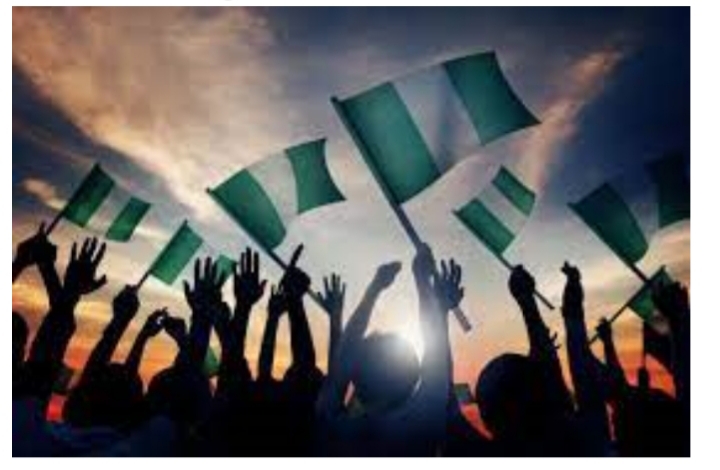Nigeria: 1960-1980

1960: Nigeria gains independence from Britain. Alhaji Tafawa Balewa becomes the Prime Minister and Nnamdi Azikiwe, the Governor-General.
1961: The people of Northern and Southern British Cameroons vote whether to join Nigeria or become a part of the French Cameroons. The North vote to join Nigeria, becoming the Sardauna Province of Nigeria while the south vote to leave.
1963: Nigeria becomes a republic, separating itself from the British monarchy. Nnamdi Azikiwe becomes the first President of the country.
1966: Major Chukwuma Kaduna Nzeogwu leads the first Nigerian coup, culminating in the deaths of most of the nation’s leaders; notably the Prime Minister, the Finance Minister, and also the Premiers of the Western and Northern regions. However, the President and the Premier of the Eastern region survived, leading some to call it an Igbo coup. A military government is instated, led by Major General Aguiyi-Ironsi.
Riots started in Northern Nigeria against the Igbo minority in the middle of the year. A few months later, a group of Northern soldiers invaded the Government House, Ibadan and killed Major General Aguiyi-Ironsi and Lt. Col. Adekunle Fajuyi. A few days later, Lt. Col. Yakubu Gowon declared the takeover of the government.
1967: The Aburi Accords were signed in Ghana but were not adhered to, leading Lt. Col. Chukwuemeka Odumegwu-Ojukwu to announce the Republic of Biafra.
1970: At the start of the year, Philip Effiong called for a ceasefire.
1975: General Murtala Ramat Mohammed became head of state after overthrowing Yakubu Gowon in a coup.
1976: General Murtala Mohammed is killed in a failed coup. Olusegun Obasanjo, his deputy becomes the Head of State.
1978: A new political system based on the American presidential system was adopted.
1979: General elections were held and Shehu Shagari emerged as the first executive democratic president.

2 comments
I need up to 50 and the dates in which the events happened
I need more info pls tring to get what happened